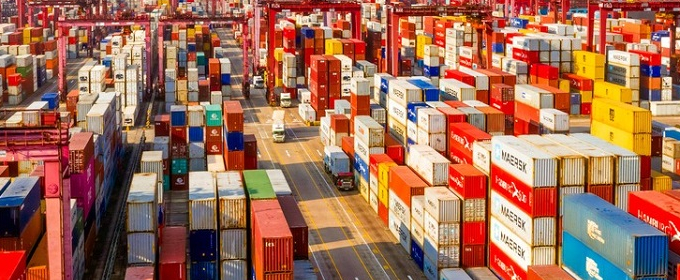Environmental problems are complex, evolving issues that defy straightforward solutions. These challenges demand integrated data, yet current environmental data is scattered and hard to access. Artificial intelligence (AI), alongside strong metadata frameworks, is emerging as a powerful tool for breaking down barriers to data discovery. Here Professor David Topping outlines the importance of access to […]









